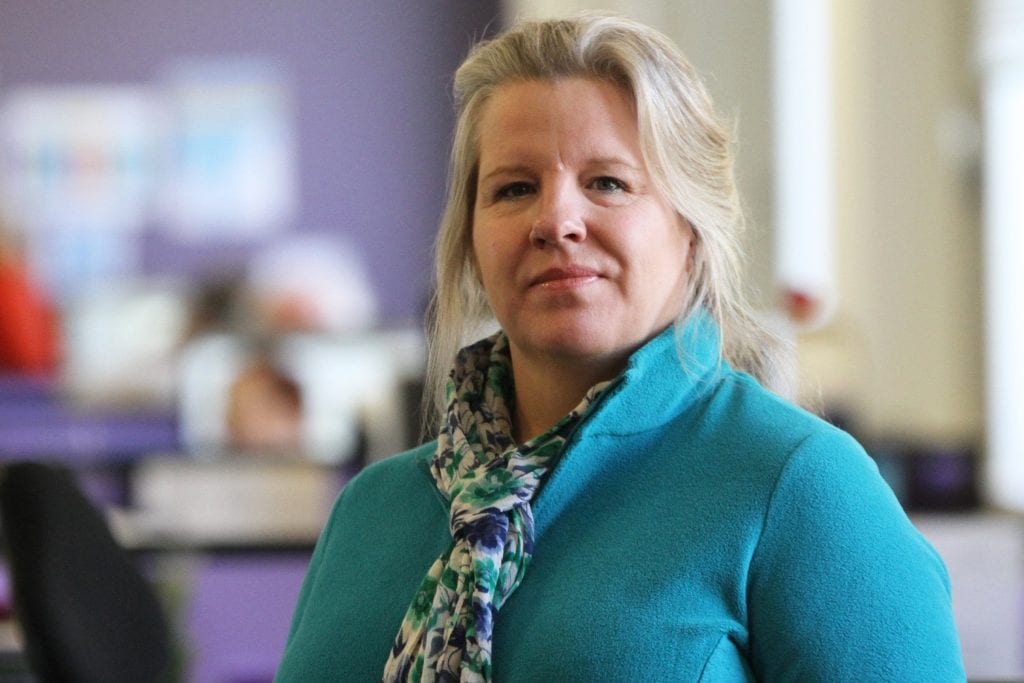Rural and Environment
Avian Flu – Top Tips
October 7, 2019 by admin No Comments | Category Agriculture, Uncategorized, Wildlife

Sheila Voas. Photographer – Matt Cartney. Crown Copyright.
With Summer coming to an end we are officially moving into the latter part of the year, which can only mean one thing – Winter is coming! As we say goodbye to Summer it’s important to be vigilant of the health of our animals.
Although there is a constant risk of avian flu in the UK, with Autumn now here, there is an increased likelihood of avian influenza appearing. For those who aren’t aware, avian influenza (more commonly known as bird flu) is a highly contagious disease of birds. It can have serious impacts on bird health and welfare, and can potentially lead to bird fatalities. In extremely serious cases it can affect the health of humans and other mammals.
So how can bird flu be introduced to the UK? The most common way is if birds come in to direct or indirect contact with wild birds. This can come from sharing water or coming in to contact with infected bird faeces. This applies to all birds, even ones kept as pets.
If you keep birds, even as pets, having good biosecurity practices in place is vital. You can find further biosecurity advice on the gov.scot website by searching avian influenza.
It is mandatory to register your flock on the GB Poultry Register if you have 50 or more birds of any variety. We also encourage voluntary registration of smaller flocks, as Government can contact you quickly to warn of any increased risks, and alert you to a disease outbreak in your area, informing you on what action you need to take.
In certain areas of the UK, an outbreak of bird flu can be more likely than others. This interactive map identifies where bird flu can be a higher risk, making it especially important to have good biosecurity practices in place.
If an outbreak were to happen, it can have a significant impact on the poultry sector and beyond. Controls would be put on the movement of birds, temporary suspension of certain exports, and all birds on an infected premise would be culled. If you do come across any dead birds, please report this to the Defra helpline (03459 33 55 77 – press option 7).
With Autumn now here, please put into practice some simple measures to help protect your birds against the threat of bird flu. And if you do see any signs of avian flu, you must by law contact your local Field Services Office. Early detection of disease will significantly reduce the impacts of any outbreak.
Tags: Avian flu, biosecurity, Bird Flu, Scotland

Leave a comment